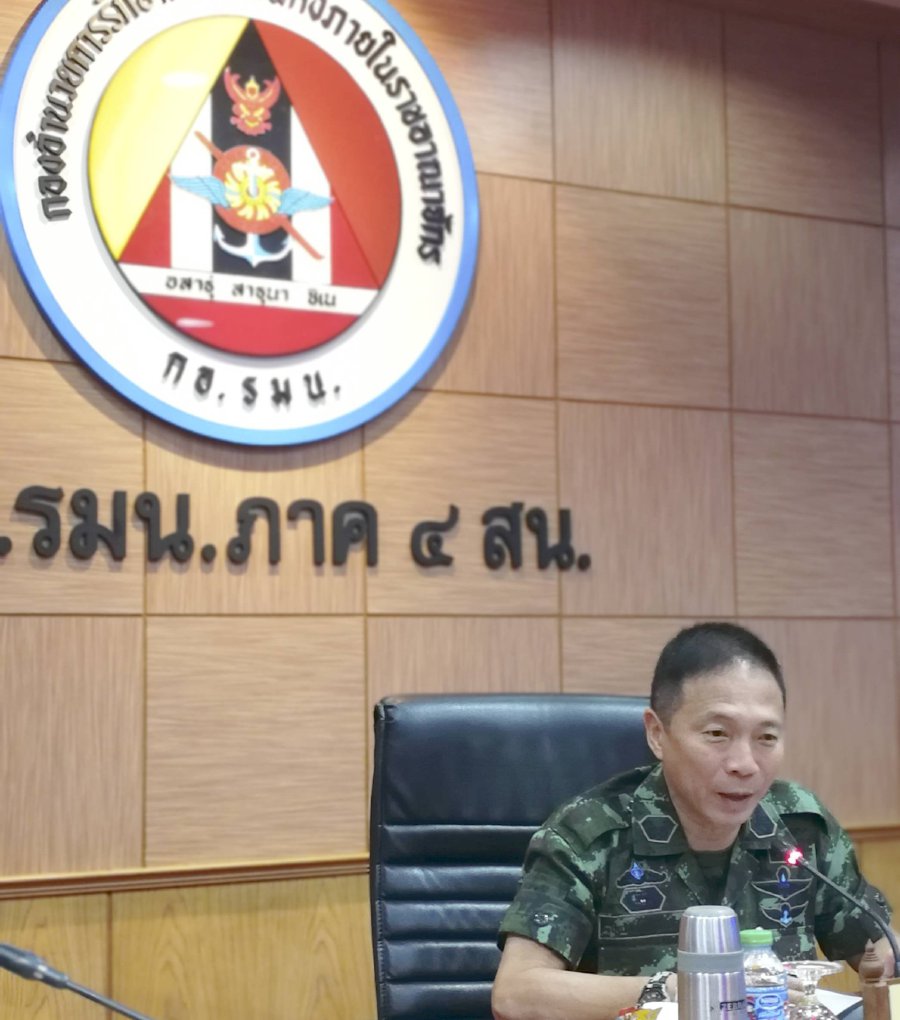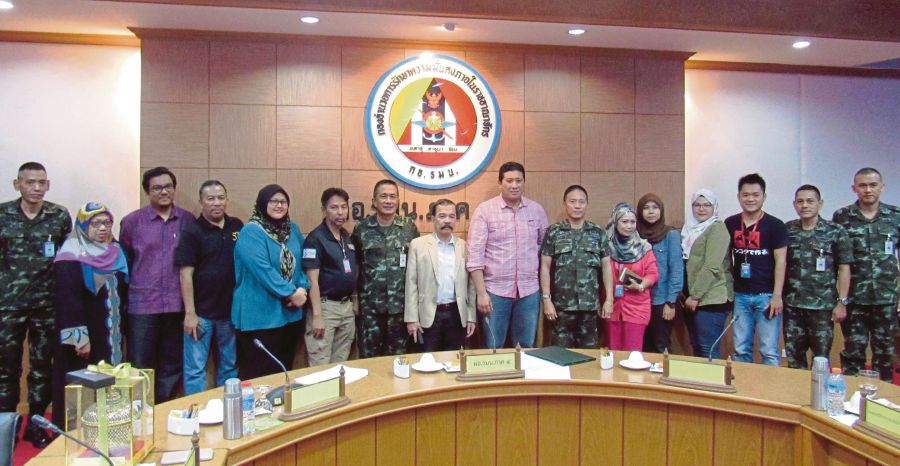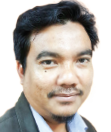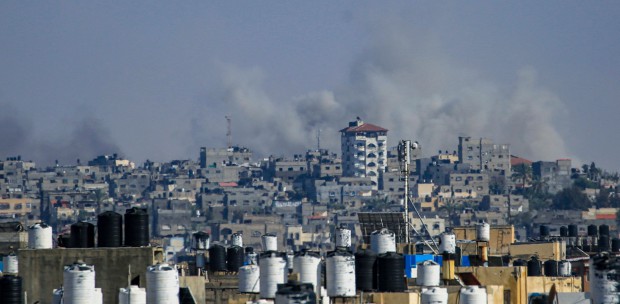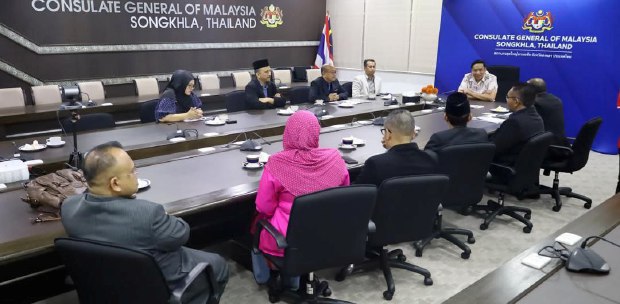YALA: Thai authorities claimed that nearly 160 rebels have taken up offer to disarm as the junta government believes it is making significant progress to weaken insurgency in southern region which entered the seventh decade this year.
Thai Armed Forces, which wrested power from civil government in May 2014 following a longstanding political turbulence, claimed that this had led to a sharp plunge of violence last year.
The junta government's Internal Security Operations Command Region 4 director Lt Gen Piyavat Nakvanich claimed that to date, 158 separatists from the southern Thai provinces had taken up neutralisation offer to turn a new leaf.
He claimed that this had contributed to a significant dip in the violent incidents by 45 per cent last year, as compared to 2016 and the incidents further declined 72 per cent between October and early this month.
Piyavat claimed that the neutralised rebels said they decided to give up the fight after realising that they had been misled into joining the insurgency to demand autonomy for Pattani, Yala and Narathiwat provinces.
"They are our people (Thais). In fact they are our brothers who were misled to join the separatist movement.
"We encourage them to return to the society and lead a normal life.. They may choose to remain at their hometown or relocate to a new location.
"We provide protection for both the neutralised rebels and their family members so that they can to start afresh," he said when receiving a courtesy visit by Kedah media club's representatives at Sirindhon Camp in Yala on Saturday.
The commander of Thai Armed Forces in 14 southern provinces further claimed that almost 95 per cent of the Muslim majority population in southern Thai provinces were rejecting the uprising which started in 1948, before it escalated into violence insurgency in 2004.
Piyavat attributed the success in neutralising the rebels to the Royal Thought initiative, the brainchild of the late King Bhumibol Adulyadej, a decade ago.
He said the initiative, which focused on three main thrust - understanding the Muslim community, reaching out programmes and bringing development to the southern Thai provinces.
"After 10 years into the initiative, we are making favourable progress as 95 per cent of the Muslim population in southern Thai are rejecting violence insurgence.
"We have engaged with the local community leaders including the religious leaders throughout the period.
"Through this engagement, we discovered that the rebel groups only represent five per cent of Thai Muslim community as 95 per cent of them are with the government," he said.
Piyavat said the Thai government's initiative to improve education and socio-economy of the southern Thai Muslim community was the key to keep them at bay from being lured by the separatist groups.
He said it was discovered that the main factors that had driven the Muslim youths into the rebel movement was lack of education and job opportunities.
"It is normal for any community, in particular the youths, to be easily influenced by rebel movement as they have no job opportunities to earn a living.
"These extremist groups have been taking advantage of them by asking them to join their movement and offering false promises.
"The government had responded by initiating projects to create jobs for the community and this has helped to keep them away from such influences," he said.
Piyavat said the main focus for the junta government was to continue with projects to spur growth in the southern region in order to create wealth among the Muslim community.
He added that the government had introduced new crops and aquaculture projects to diversify the southern provinces population's dependency on the rubber sector.
Piyavat, however, declined to comment on the ongoing peace talk between the junta government and the separatist groups, where Malaysia is playing the facilitator role.
"We have made it clear to the Muslims community that they are part of the Thais and are our brothers and sisters.
"We wish to put the past behind and look forward to the future by focusing our effort to bring development initiatives which ensure stability, prosperity and sustainability to the Muslim community here," he said.
Pattani, Yala and Narathiwat were part of the former Sultanate of Pattani which were conquered by the Siamese Kingdom in 1785.
It was reported that the separatist movement started in 1948 but the full-scale violent insurgency to demand autonomy for the three provinces began in 2004.
It is estimated that over 6,500 people died and almost 12,000 were injured between 2004 and 2015 due to violence between the separatists and both the Thai authorities and Thai-speaking Buddhist minority in southern provinces.


